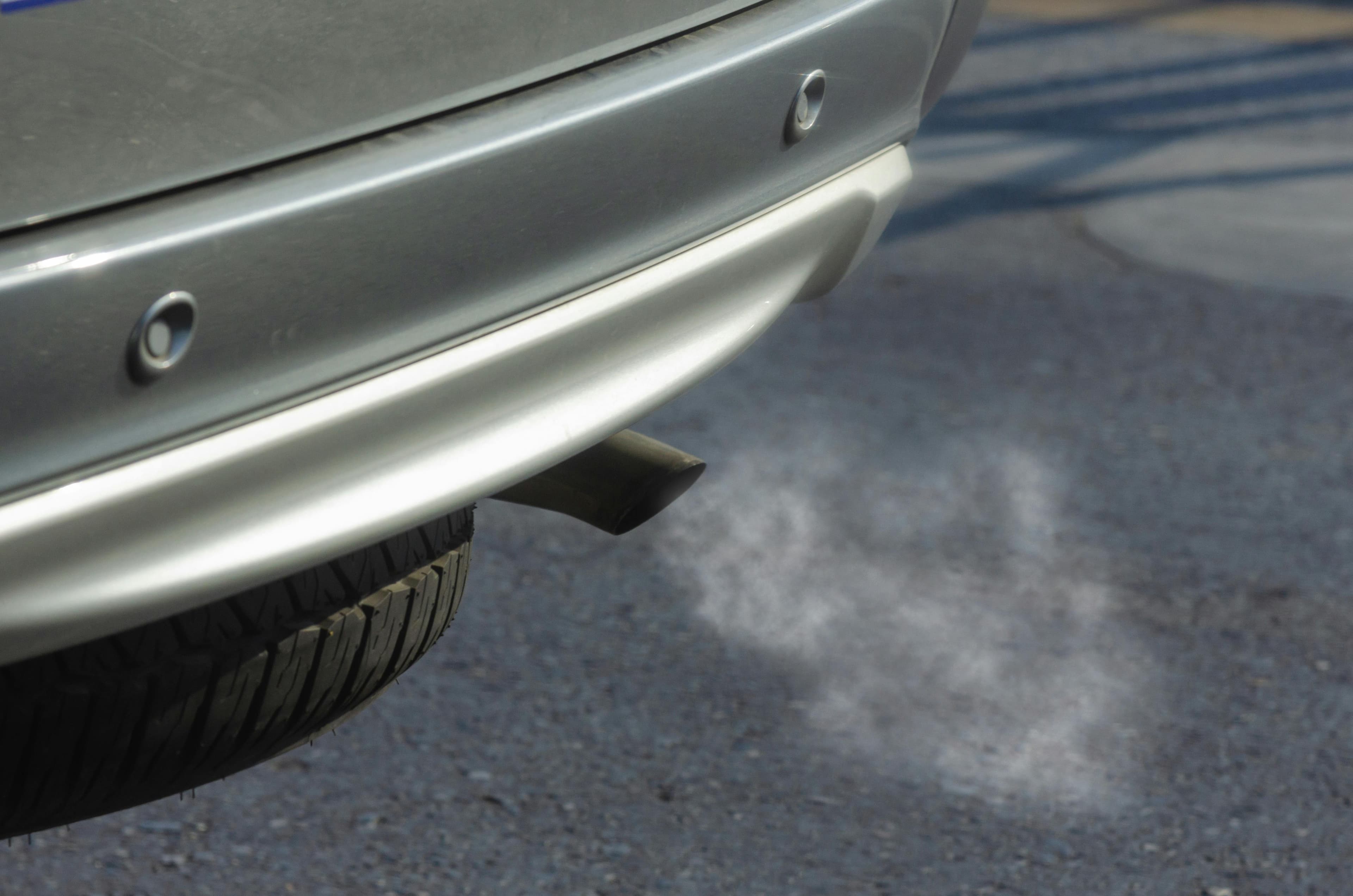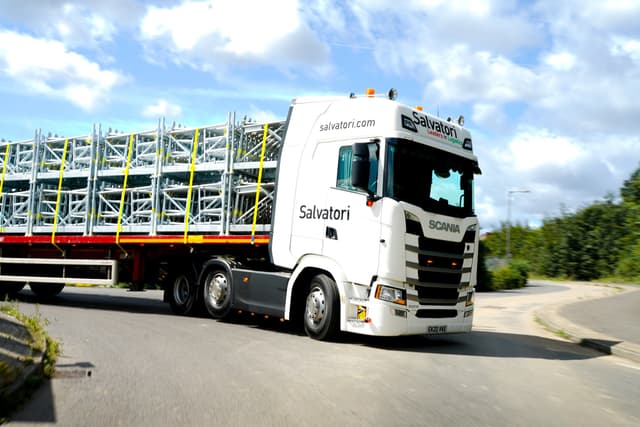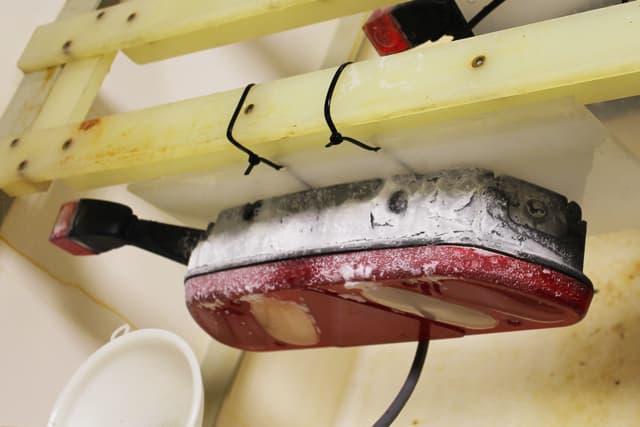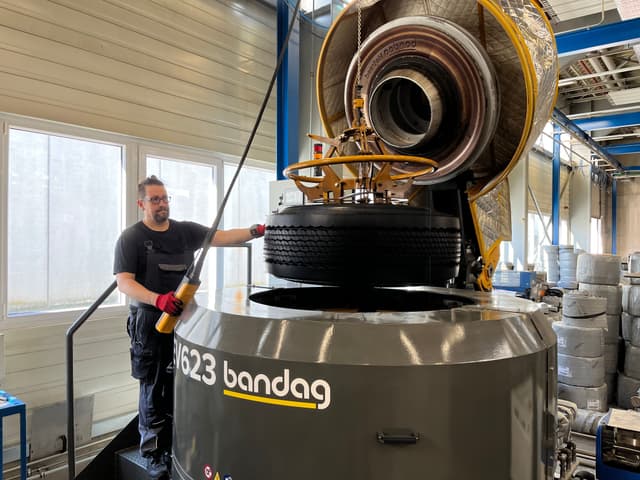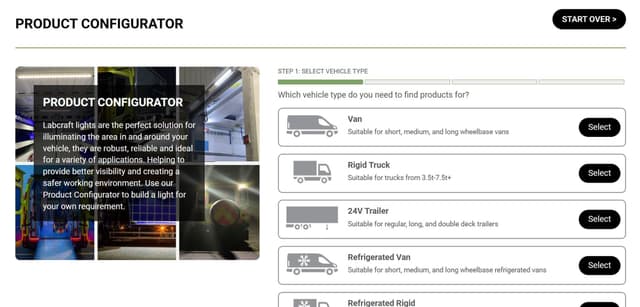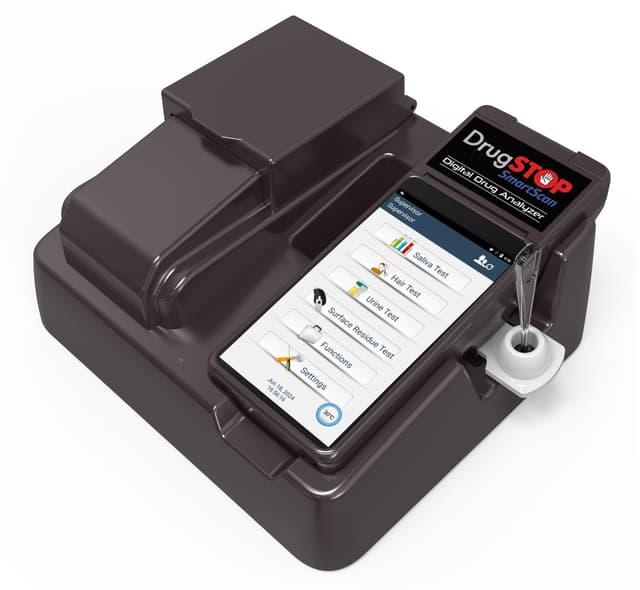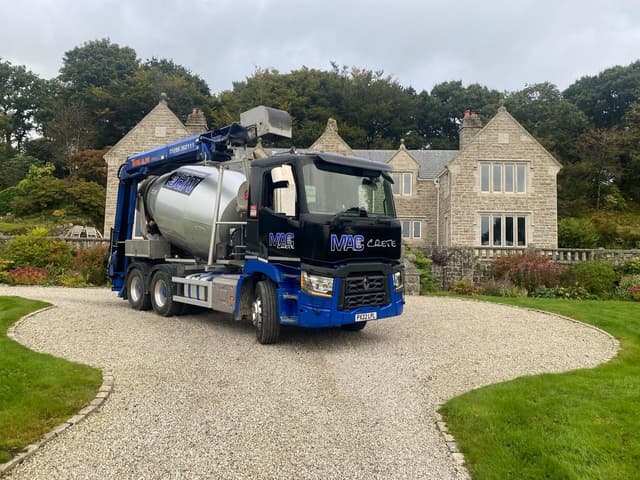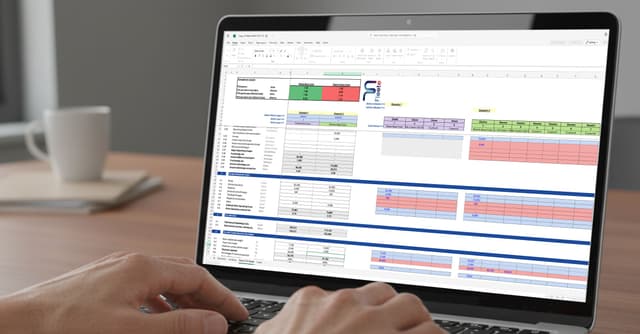New research conducted by global technology solutions provider Microlise has revealed that, ahead of Clean Air Day on 19 June, two-thirds of UK fleet and transport managers are not using any software to track harmful emissions being released into the environment by their vehicles.
As the drive to net zero continues, this represents a significant gap which, when closed, could help save some of the 43,000 lives lost per year linked to air pollution – while also making our environment and air much cleaner.
The government has set an economy-wide target of an 81% reduction in greenhouse gas (GHG) emissions by 2035, from 1990 baseline levels. Fleet managers have an important responsibility to ensure they are tracking emissions in line with this target, taking action to determine how they can be reduced across their vehicles.
Effects of unclean air on the environment
The UK’s sprawling road transport network is the country’s biggest source of GHG emissions, all of which contribute to climate change. Burning fossil fuels for transport produces a variety of emissions, such as nitrogen oxides, which damage the planet.
Tracking road transport emissions and taking appropriate steps to reduce them, such as using cleaner and greener fuels, can reduce air pollution and the amount of carbon released into the environment. This ultimately makes the UK a more pleasant place to live, given the importance of the road network to the country’s economy.
The health impact of unclean air
Children, the elderly and people with pre-existing health conditions are at a higher risk of the health impacts of emissions.
Breathing in nitrogen oxides emitted by cars, vans and lorries can irritate and harm human lungs, which decreases their function and causes shortness of breath. It can also make other respiratory conditions worse.
Road transport is also a major source of small particle air pollution (PM2.5) which can cause other health problems. The negative effects of air pollution are not felt equally around the country, as more urban locations have higher levels of pollution than rural areas.
What can be done?
“The first step for companies looking to reduce the amount of harmful gases emitted by their fleets is to track what they emit right now,” said Microlise CEO, Nadeem Raza.
“This can be done using fleet optimisation tools which ensure that routes are planned for better fuel efficiency and reducing empty loads that produce greenhouse gases without any material benefit.
“Once this analysis has been conducted, the fleet or transport manager can then decide on other ways to further reduce their fleet’s effects on the environment.
“By using more fuel-efficient vehicles, better planning and training drivers to drive more economically, not only reduces harmful emissions, but also saves money, improving the bottom line,” he added.
